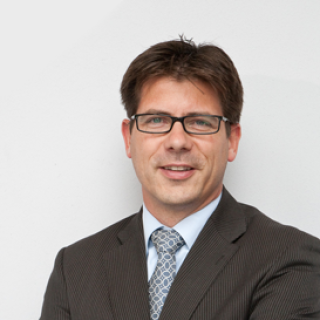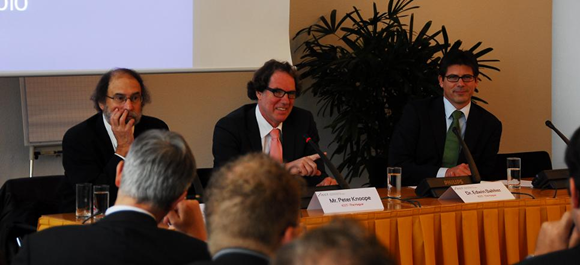
On 5 November 2010, the International Centre for Counter-Terrorism – The Hague hosted an Expert Meeting on 'Lone Wolves: How to Prevent This Seemingly New Phenomenon?'. Leading experts discussed the rise of the lone wolf terrorist and analysed the challenges governments, police and intelligence agencies face in dealing with this threat.
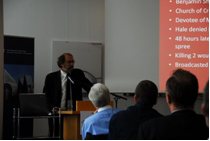
Professor Mark Hamm (Indiana State University) presented his research findings on such individuals that have committed terrorist acts in the United States since 1940. Hamm argued that, although lone wolves are not ‘full members’ of specific movement, they do often view themselves as being ‘affiliated’ with a certain group. Hamm also argued that especially more recently, lone wolf terrorists have multiple grievances, both on a personal and political level. Understanding where these grievances come from and how they are influenced by the actions of others is crucial.
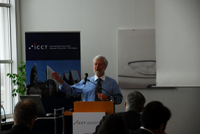
Professor Christopher Hewitt (University of Maryland) said that ‘leaderless resistance’ arose because terrorist groups and their leaders were being arrested and, therefore, lone wolf terrorism should not be viewed as a clever tactic but as a sign of weakness. “Certainly the impact of a few scattered attacks by lone wolves on public opinion is trivial compared to that which an organised campaign such as was waged by the IRA or the Red Brigades would have”.
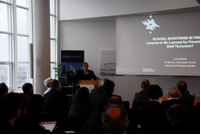
Dr. Leena Malkki (University of Helsinki) explained why the recent school shootings in Finland should be used to draw lessons for counter-terrorism measures. Similar to most terrorists, the perpetrators of the school shootings have a mix of personal and political motives that lead them to violent action. As a response, framing the shootings as acts of desperate ‘losers’ makes them less prone to copycatting. Dr. Malkki stated that we should frame terrorism in similar manners and stop giving terrorists the attention they seek to obtain.
The Expert Meeting was followed by commentaries from Peter van Kuijk (National Police Services Agency), Michael Kowalski (Netherlands National Coordinator for Counterterrorism) and our research Fellows Edwin Bakker and Beatrice de Graaf. In the lively discussion with the international experts attending the event, questions arose whether precursors for violent acts could be useful, and moreover, that more research on the nexus between violent thoughts and violent acts is needed. The workshop concluded that definition, labelling and framing of Lone Wolf Terrorism deserves more attention and that a comparative research between Lone Wolves in the US and Europe is required to obtain a better understanding of this ‘new’ phenomenon.
Click here for a detailed summary. The expert meeting paper can be found here ‘Lone Wolves; How to Prevent This Phenomenon’
